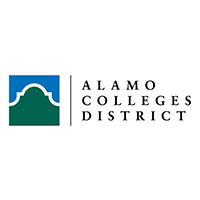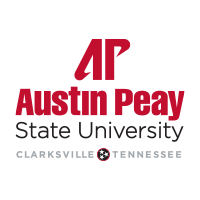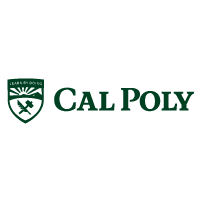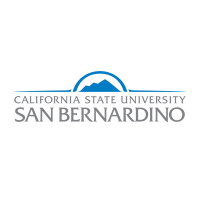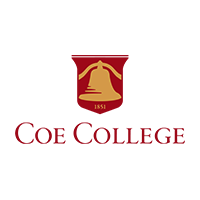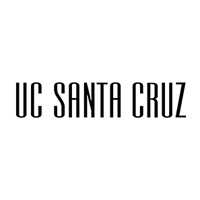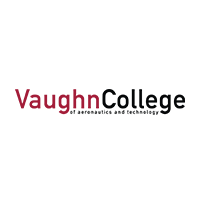Catalyze near-peer coaches are keeping more students on the path to a college degree
While more than 30% of aspiring college grads come from low-income backgrounds, they are graduating at rates significantly lower than their higher-income peers
A systemic lack of equitable academic prep, fragmented resources, complex college systems, and resource-constrained staff have created unfair barriers for these students.
With 20 years of proven success, our near-peer coaches have become a critical factor in sustained retention — and graduation — of this valuable sector of your student body.
With a Catalyze partnership, your institution can cost-effectively enhance existing student services with our proven, near-peer coaching model
This flexible, customizable program enhances existing student support by embedding our near-peer coaching model right onto your campus. Recent college grads serving a year of AmeriCorps service use a proven, evidence-based curriculum to help first-generation and/or Pell-eligible students navigate and overcome the most common barriers to college persistence and degree completion. Participating students benefit from the relatability, deep campus knowledge, recent experience, and focused attention of their dedicated coach.
Customize the program to reach top-priority student segments, and/or specific retention goals, or to augment known gaps in student support.
With the support of proactive, high-touch interventions from their trusted Catalyze coach, students:
Understand, navigate and use more on-campus and community resources
Form supportive peer groups and campus relationships critical to their success
Stay on track academically and complete more college credits
Navigate common social and academic challenges affecting first-to-second year retention
Build confidence in securing financial aid and scholarship opportunities
Grow in effective budgeting and time management skills
As a Catalyze partner, you receive:
- Full-time, near-peer coaches with shared identities to your target students
- At least nine tailored coach-to-student interactions per student, per year
- Student progress monitoring dashboards and semi-annual reports
- Access to our proprietary coach curriculum
- Comprehensive coach training and development plus access to a full skill-building resource library
- National communities of practice for both coaches and coach supervisors.
- AmeriCorps grant administration
- Seamless team integration
A growing track record of success
Launched in 2016, now serving:
![]()
5,000
STUDENTS ANNUALLY
![]()
11
PARTNER INSTITUTIONS
PARTNERS
EXPERIENCE
UP TO
HIGHER STUDENT
RETENTION
OVERALL
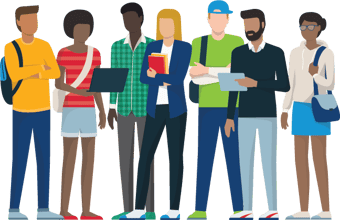
AND UP TO
HIGHER STUDENT
RETENTION
AMONG FIRST-YEAR
STUDENTS
Current partners include:
What people are saying:
“Our partnership with Catalyze was born out of our commitment to even the playing field for our students from low-income backgrounds, our under-represented students, and our first-generation students. And, the data tells us that it has worked.”
Lisa Holstrom, Assistant Dean of Arts and Sciences at University of Cincinnati
“[Being a coach] at my alma mater has made me believe that positive change for low-income and first-generation students is possible. Individuals and groups have the power to create equal educational opportunity for all.”
Gaby Rios, Austin Peay State University Success Coach 2019-20
“This partnership taps the potential of one of our most powerful assets, recent graduates, who are uniquely equipped to mentor students following in their footsteps.”
Alisa White, Former President, Austin Peay State University
“The partnership with College Possible has allowed us to tap into our alumni who are passionate about advancing equity in student success through individualized support – all important parts in our high-touch retention efforts.”
Gabriela Nuño, Director, Stanislaus State
“[Catalyze] helps students build relationships that create stronger connections to our campus community.”
Loretta Griffy, Associate Vice President for Academic Strategic Initiatives and Foundation Engagement, Austin Peay State University
We are grateful for our investors
We are backed by several investors who are each champions of educational equity and the choice-filled lives that are unlocked by earning a degree. Together, we are closing the degree divide.
- ECMC Foundation
- Michael and Susan Dell Foundation
- Reinvent Stockton Foundation
- SeaChange Capital Partners
- The Studio @ Blue Meridian
- Travelers Foundation
- Westly Foundation
Request a consultation

755 Prior Avenue North, Suite 210
Saint Paul, Minnesota 55104
Catalyze@CollegePossible.org
Visit CollegePossible.org
College Possible is proudly
supported by AmeriCorps

